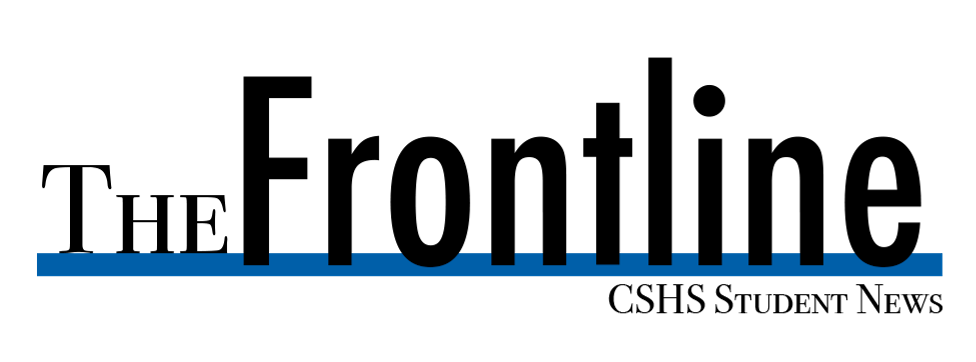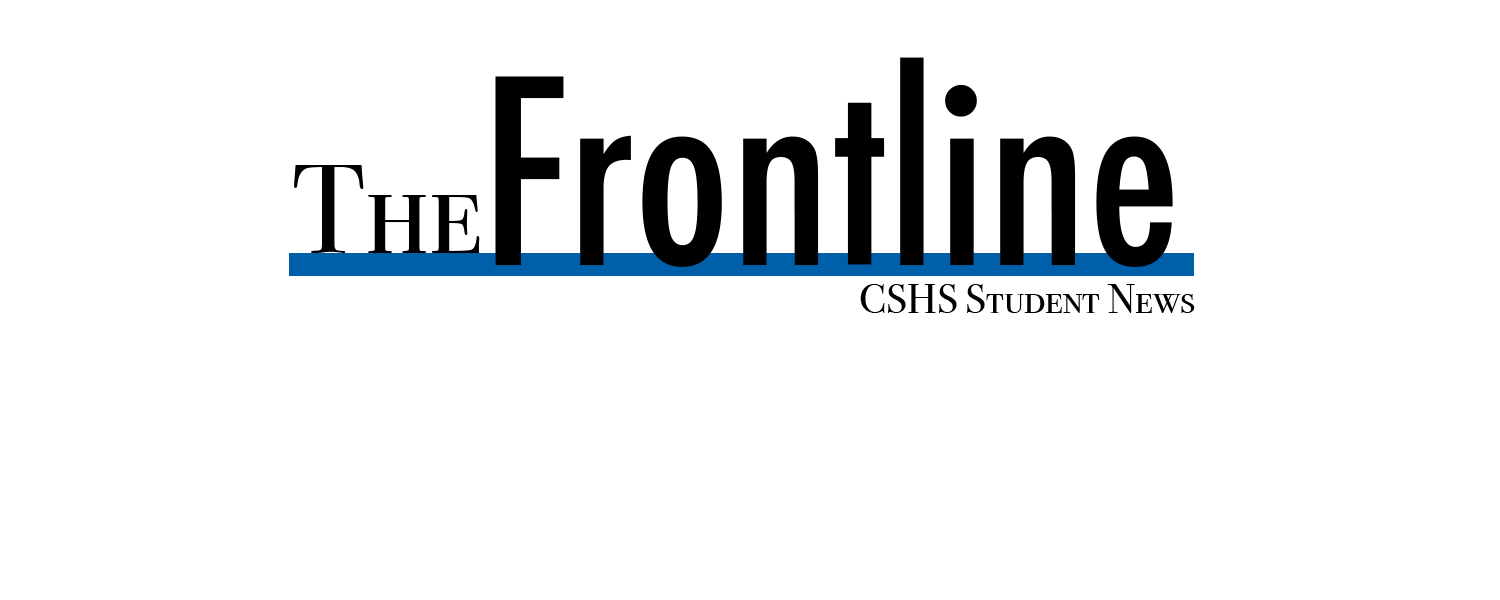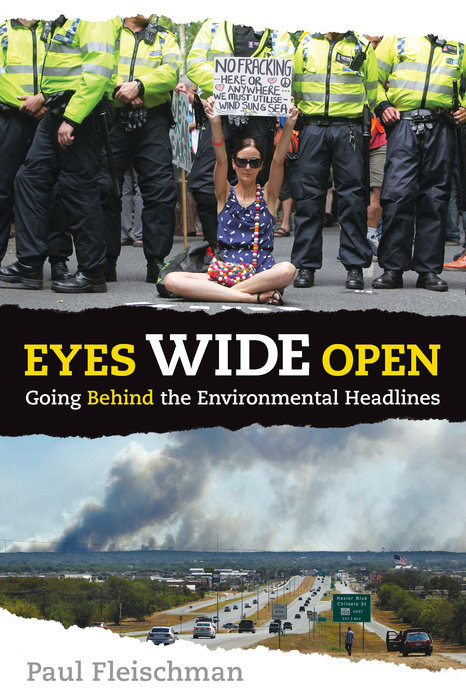Seeing Beyond Yourself
December 10, 2020
Humans are blessed (or cursed, depending on who is asked) with self-awareness. We know that we exist and do not plow through our existences using only instincts, different to other animals we share the Earth with.
As high school students, we tend to get wrapped up in a web of deadlines, extracurriculars and our social lives, failing to open our eyes to the world around us. If a teenage girl were to be spending time with her best friend, there is not a big chance that she would notice the shapes of the clouds over her head.
Now, this is okay. I’m not saying you must take note of the shapes of the harmless, white clouds above you, but if they were dreary and grey, I’m sure you would take note and put an umbrella in your backpack, right? This is because it affects you directly: you do not want to get wet. We, as the next generation of voters, citizens, and humans, need to unveil ourselves to the world around us.
Do not only participate in your surroundings, make yourself aware of them, too. Think to yourself: “Should this be happening?”
In his book “Eyes Wide Open: Going Behind the Environmental Headlines,” New York Times best-selling author, Paul Flieschman, stresses exactly this. Flieschman discusses the optimistic ignorance we all are guilty of, not excluding himself. He writes of his time in school, “Every June I would turn my history book’s pages. Who won World War 1? Okay, have a great summer! History was the dusty past, unconnected to me.”
His book is centered around the importance of taking action against the struggle of climate change but uses this world-wide problem to cement his claim. “Everything needs rethinking – suburbs, cars, fast food, cheap prices. It’s a changed world.” We, as high school students, are no different than those of incomprehension Flieschman is describing.
If something as important as climate change can be ignored, chances are higher ignoring smaller things, such as the significance of access to running water.
You probably do not even think about such a thing, simply wet your toothbrush and get on with your day, as I do. It was only after I realized what a privilege it is to have indoor plumbing, a privilege many of the people we share this planet with do not have access to, that I began paying attention to the activities occurring around me.
Noticing things as seemingly unimportant as this are key in us, teenagers, becoming observant questioners of the world around us. For, without someone to ask the question, the answer will not be found.
I will admit, it is easy to overlook your surroundings. I am a student too, but when I find myself deep in the black hole of grades, deadlines and computers, I think to myself: “Will this be something that will stress me out 20 years from now?” Most of the time the answer is no. While it is important to try your best in school, it is equally as important to look at the bigger picture.
In 2020, the majority of the earth’s population has come to the conclusion that there are planets beyond ours (to put it moderately), but have you ever wondered who discovered this? Galileo, who helped prove that the earth revolves around the sun in the 1500s, had no other reason to observe the stars and planets other than curiosity. What he saw convinced him that the Earth circled the sun, putting him in conflict with the vested interests of the Catholic Church, which held to the Bible’s assertion that the Earth was unmoving. Fearing his views would undercut its power, the Church forbid Galileo to publish his work. This, of course, did not stop him – but if it had, it is impossible to know whether we would be past the belief that the Church had endorsed: Earth is nonmoving.
He changed modern science and created the study of astronomy simply because of his curiosity.
I am sure you are thinking, “Well, if no one else pays attention to such small things, why should I?” which I respond to you with a quote from your mother: “If your friends jumped off of a bridge, would you too?”
No one is going to force you to question things around you, to look at the bigger picture, but as Fleischman put in his novel: “Eyes Wide Open: Going Behind the Environmental Headlines,”: “You are aware of nothing when you are asleep… Many sleep with their eyes open.”
Ask questions, get answers.
Interested in purchasing? Check out Bookshop.org.


